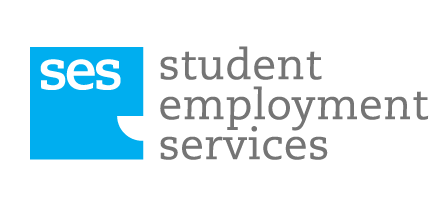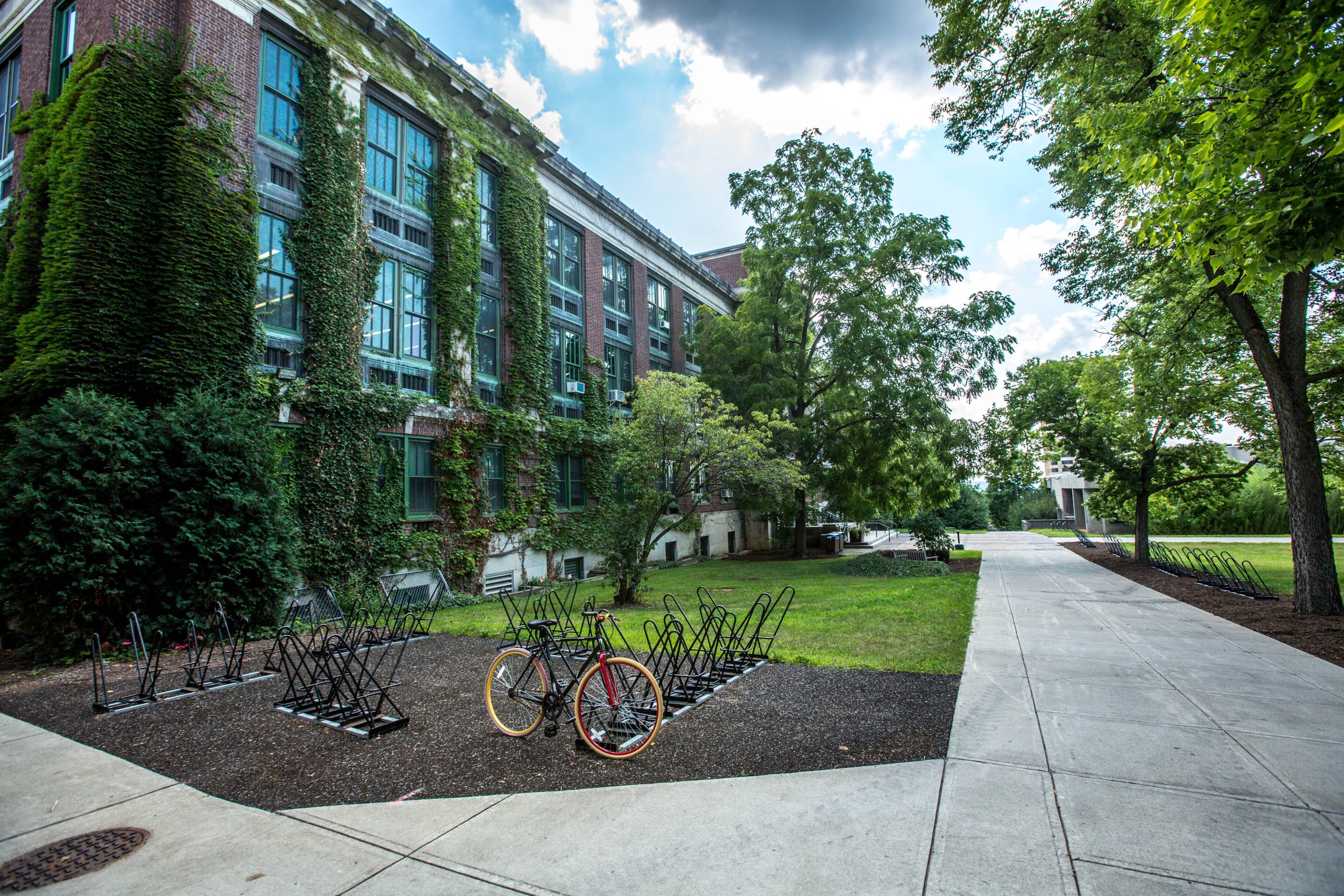Tips for Students looking to get into HR
Human Resources is a hugely rewarding industry – after all, people are the lifeblood of any business.
As the Personal Facilitator for Online HRM at DPG, I’ve spent a career helping people enhance their HR career. DPG is an online community and support network helping individuals achieve levels 1-7 of CIPD training – the most important qualification in the industry.
Aside from the relevant qualifications, here are my top tips for securing an exciting role in HR after university.
Choose the right degree
Choosing the right course can be a tricky decision, and one that shouldn’t be rushed. Choose something that you’re passionate about, which also provides vocational experience.
It’s an incredibly competitive job market out there, so make sure any learning gives you the practical experience employers want. HR managers are looking for people with excellent IT and computing experience, organisational skills, time-keeping, and stellar written and numeracy ability.
Get involved with societies at university
I studied Business Studies at Brighton University, which served as a great base for what would be my future career.
I’d recommend societies to any student – they provide a fun way of gaining vocational experience and developing your social interaction skills. Societies also provide a wide network of people who you can connect with and learn from.
Social skills are sometimes an underrated quality in job seekers. But in a constantly changing economic and social landscape, making sure everyone feels secure, comfortable and respected at work is an important skillset – especially in HR.
Carry on learning after you graduate
When you graduate, it can be tempting to think that your education is now over. My advice is to treat university as the start of your studies, and don’t stop after graduating.
Taking courses after you graduate can help boost your learning and understanding of how other people learn – an important skill if you are thinking of entering the HR field.
Get as much practical experience as possible
Before you start applying for any role in HR, it’s important to have an awareness of what it actually is. HR is about seeing people as an asset, it’s about looking after people, and making sure they are happy and productive.
Most modern employers look out for candidates with practical experience who can hit the ground running. Sometimes this can present a catch-22 situation, wherein candidates can’t gain experience, because they don’t have the experience to get the job to begin with.
Don’t leave yourself in this position. Volunteering and interning is now an important part of university, and will give you an edge over other candidates in the interview process, so make sure you have time to do extracurricular activities in-between your studies.
Try to gain much experience as you can from your first role
While you may not stay at your first role after university forever, try to take as much as you can from it. My first role was in Learning and Development, training members of the public.
Later, I moved into areas where I was also developing staff members, then I managed the people who were developing others. I oversaw quality assurance and wrote different kinds of programmes and training content. I also helped one of the companies I worked with to move their paper-based learning programs onto an online system when online-based content delivery was in its infancy.
By trying new things and exploring more diverse areas of the business, it gave me a fantastic base of experience to build my career.
Getting a job in HR requires a wide range of different skills – many of which you can develop at university.
My key takeaway is to try as many things as you can, including making time for internships and practical experience during your studies. This way, you’ll be in a much stronger position when it comes to the interview stage as you’ll be able to draw on real life experiences.
by Gary Norris, Personal Facilitator for Online HRM at DPG







